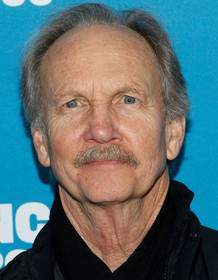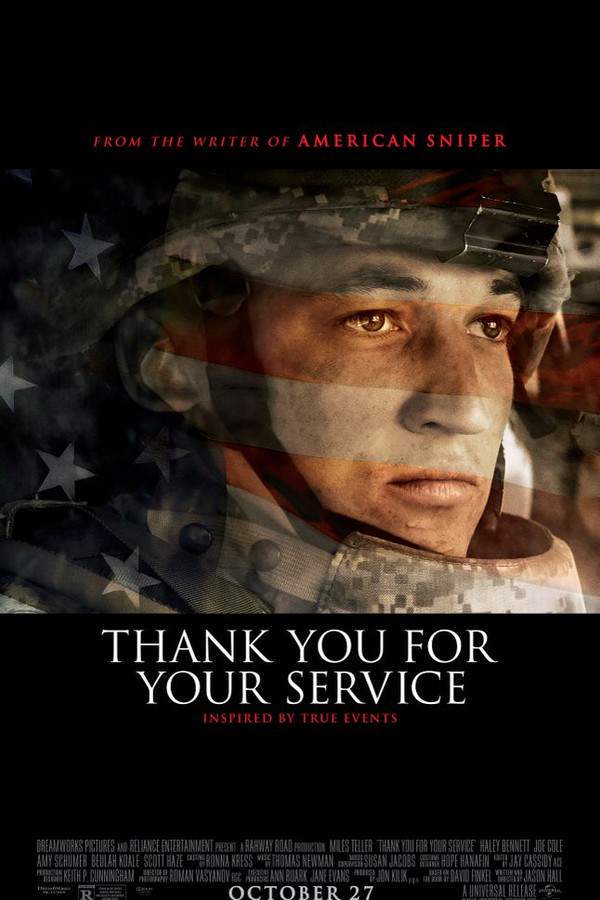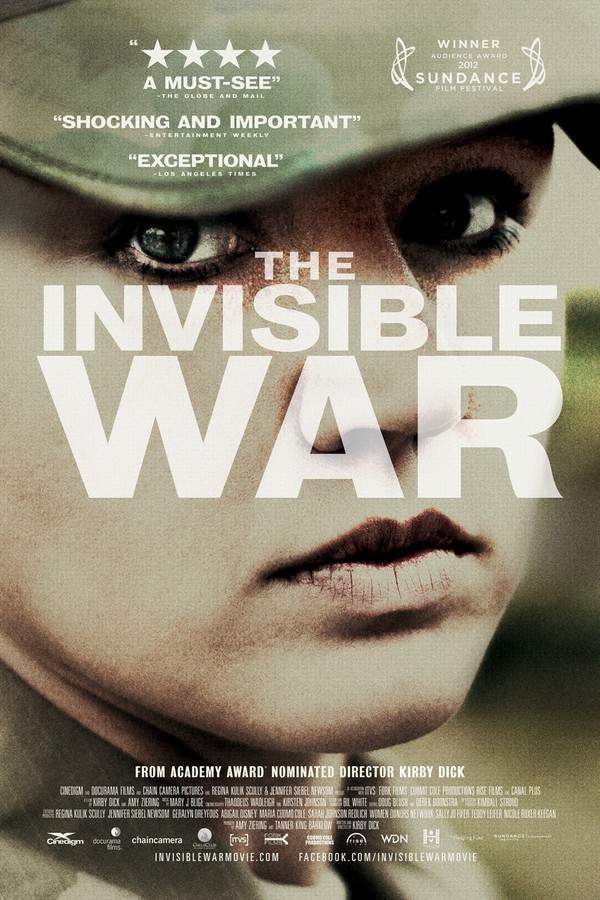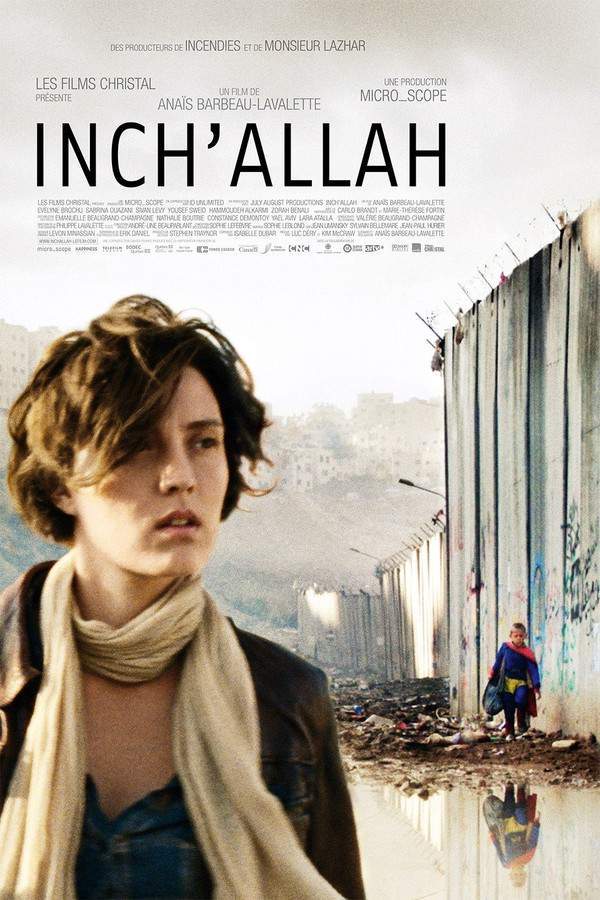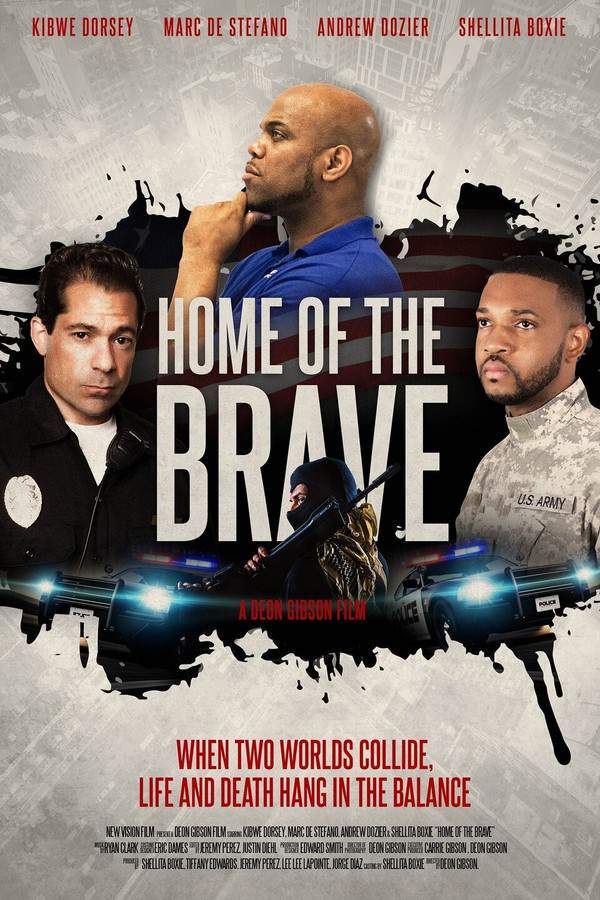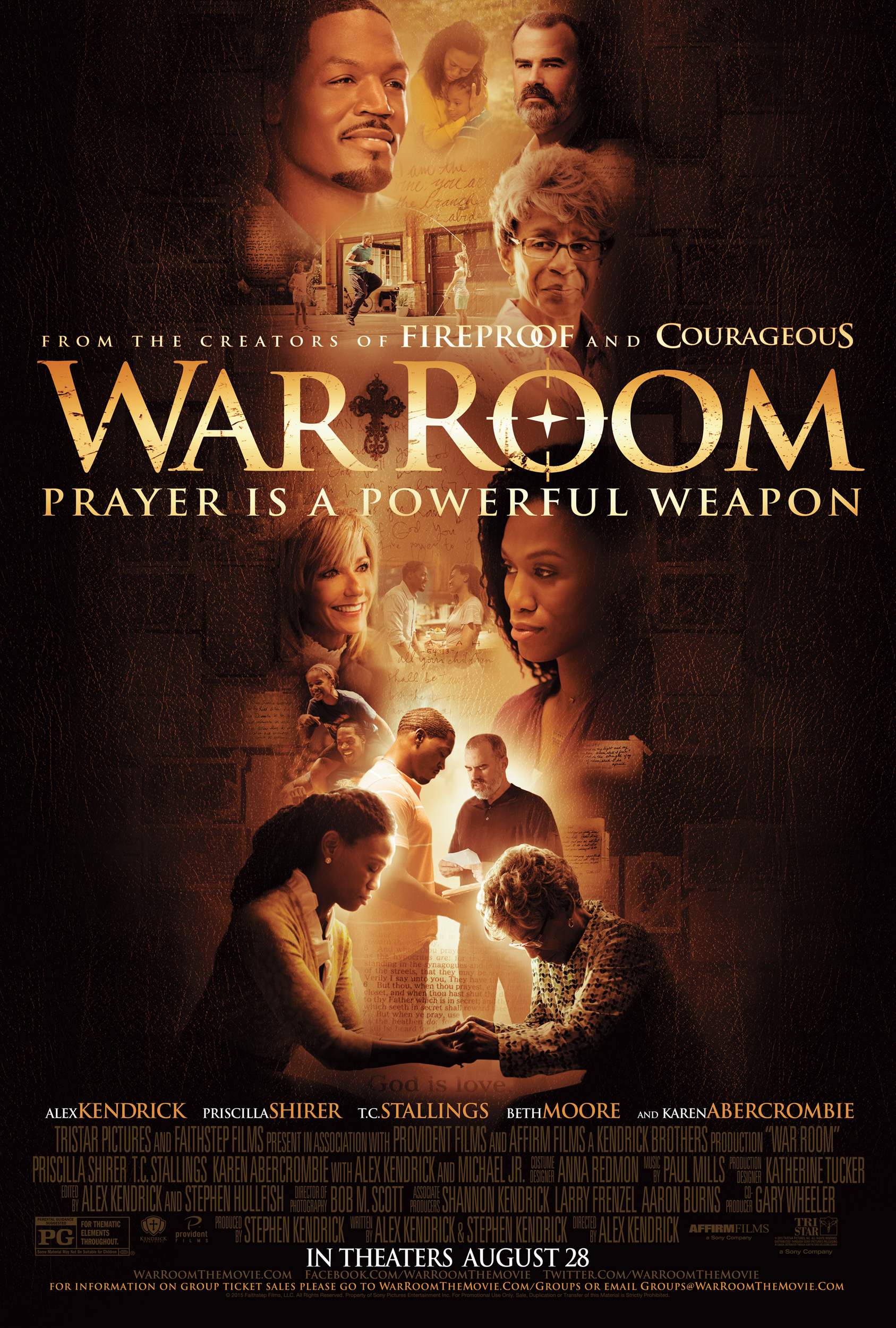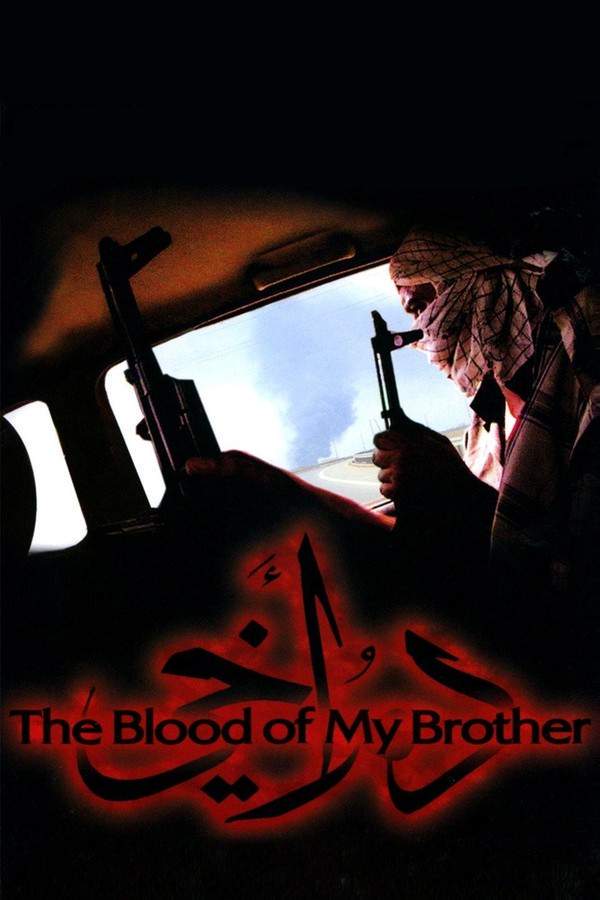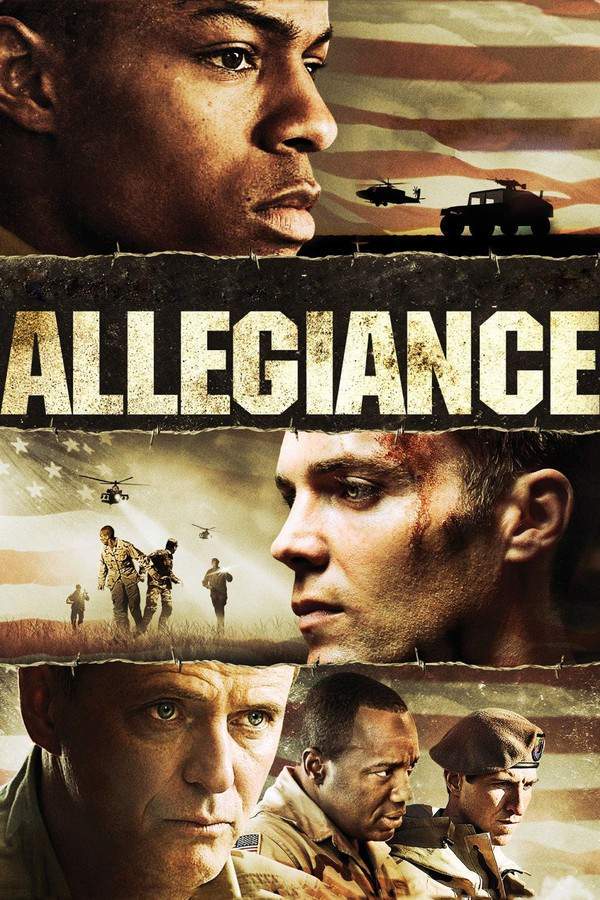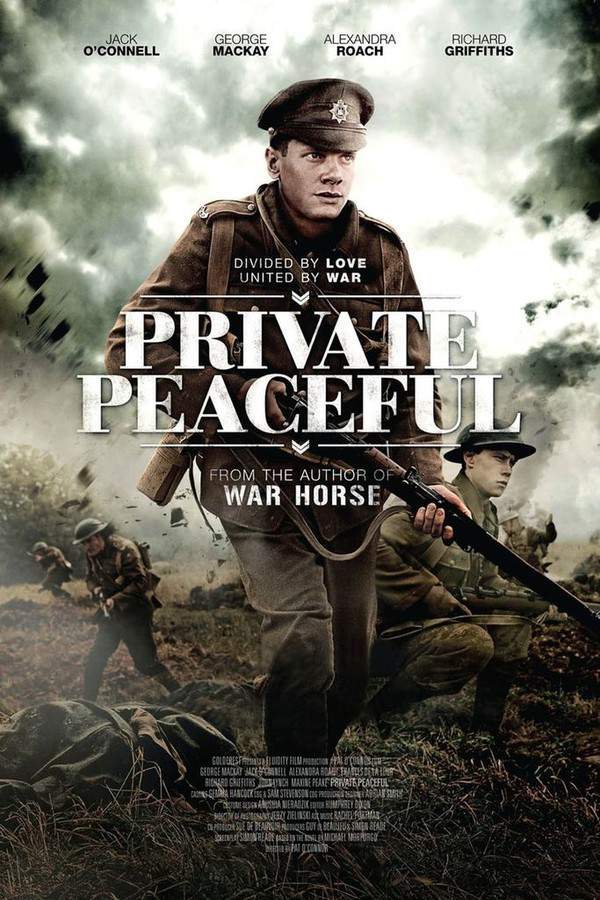Indivisible 2018
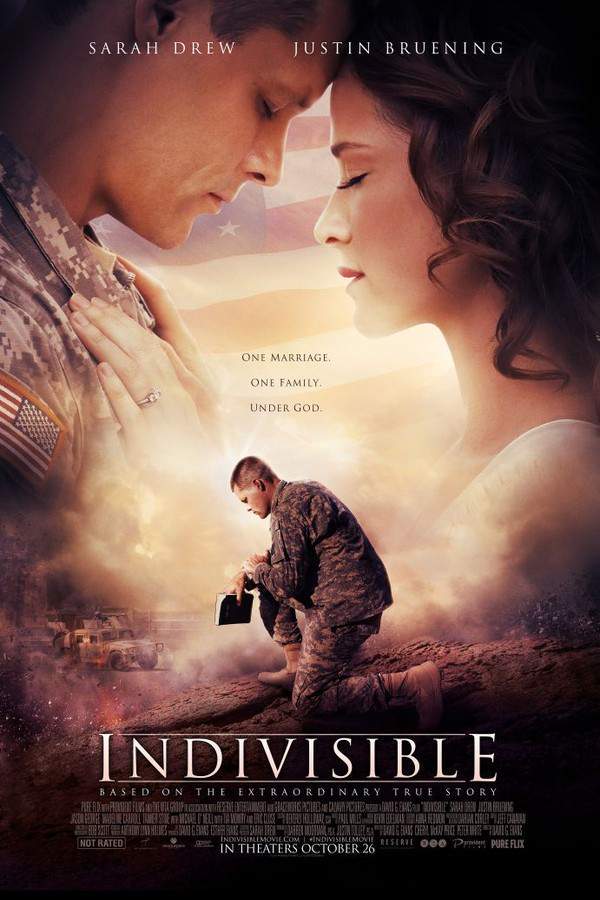
While her husband, an Army chaplain, serves in Iraq, Heather Turner faces the enormous challenge of raising their three young children and supporting the community back home. The demands of war and the distance put immense pressure on Heather, testing her resilience and patience. As the conflict takes its toll, the couple's once-strong faith and marriage are threatened. Their ability to overcome these hardships and emerge with renewed strength will determine their future.
Does Indivisible have end credit scenes?
No!
Indivisible does not have end credit scenes. You can leave when the credits roll.
Meet the Full Cast and Actors of Indivisible
Explore the complete cast of Indivisible, including both lead and supporting actors. Learn who plays each character, discover their past roles and achievements, and find out what makes this ensemble cast stand out in the world of film and television.
External Links and Streaming Options
Discover where to watch Indivisible online, including streaming platforms, rental options, and official sources. Compare reviews, ratings, and in-depth movie information across sites like IMDb, TMDb, Rotten Tomatoes or Metacritic.
Ratings and Reviews for Indivisible
See how Indivisible is rated across major platforms like IMDb, Metacritic, and TMDb. Compare audience scores and critic reviews to understand where Indivisible stands among top-rated movies in its genre.

The Movie Echo Score
Indivisible presents a thoughtful exploration of faith and the aftermath of combat, anchored by heartfelt intentions and moments of emotional resonance. The film succeeds in portraying the toll of war through grounded performances and a tangible sense of place, yet it struggles with uneven pacing and predictable story beats. While battle sequences inject genuine tension, narrative lulls and conventional visuals temper the experience. In the end, Indivisible stands as a sincere but modestly crafted drama that delivers occasional insights without sustained momentum.
The Movie Echo Score Breakdown for Indivisible

Art & Craft
In terms of direction and cinematography, the film benefits from convincing location work and measured staging in its battle scenes. Production design and editing maintain clarity and coherence, though they rarely venture beyond functional service to the narrative. The visual approach favors naturalistic lighting and straightforward compositions, resulting in a restrained but polished aesthetic. Overall, the art and craft are competent yet seldom rise to a level of distinct stylistic innovation.

Character & Emotion
When it comes to acting and emotional resonance, Indivisible is anchored by solid lead performances that convey trauma with authenticity. Supporting cast members deliver credible chemistry, though several secondary characters remain broadly sketched and lack deeper motivation. Moments of hope and resilience emerge effectively, offering genuine emotional connection even as some faith-based interactions feel formulaic. Overall, the film’s character work is sincere and engaging, offset by occasional lapses in complexity and depth.

Story & Flow
The narrative delivers heartfelt intent but suffers from uneven pacing and moments of predictable progression. Several battle sequences build initial tension before slowing for familiar character beats, leading to occasional lulls. The film offers a sincere portrayal of faith and the aftermath of combat, yet it rarely diverges from established genre templates. Ultimately, the story remains engaging at points but lacks sustained originality or dynamic momentum.

Sensory Experience
In terms of sound design and musical accompaniment, the film’s stakes are occasionally elevated by tense, well-timed battle audio, but the score often feels intrusive against quieter dramatic moments. Visual styling relies on naturalistic lighting and realistic locations, resulting in an authentic yet understated palette. While action sequences demonstrate crisp audio clarity, scene transitions sometimes reveal imbalance in the sound mix. Overall, the sensory elements are competent but display uneven execution.

Rewatch Factor
Regarding replay value, Indivisible’s sincere themes and earnest performances may hold appeal for viewers invested in faith-based narratives and military experiences. However, its familiarity in plot structure and measured pacing diminish incentive for return viewings. While key emotional moments retain some resonance, repetitive story beats and straightforward craftsmanship offer limited surprises on subsequent watchings. Ultimately, the film garners modest lasting appeal but is unlikely to reward frequent replays.

53
Metascore
tbd
User Score


78%
TOMATOMETER

85%
User Score

5.9 /10
IMDb Rating

68
%
User Score

3.1
From 1 fan rating

5.00/5
From 1 fan rating
Take the Ultimate Indivisible Movie Quiz
Challenge your knowledge of Indivisible with this fun and interactive movie quiz. Test yourself on key plot points, iconic characters, hidden details, and memorable moments to see how well you really know the film.
Indivisible Quiz: Test your knowledge on the emotional journey of a military couple and the challenges faced by families during deployment in the film Indivisible.
What is the primary conflict depicted in Indivisible?
A military couple dealing with the challenges of deployment and family separation
A romantic comedy between two soldiers
A critique of the military's policies
A documentary about WWII
Show hint
Full Plot Summary and Ending Explained for Indivisible
Read the complete plot summary of Indivisible, including all major events, twists, and the full ending explained in detail. Explore key characters, themes, hidden meanings, and everything you need to understand the story from beginning to end.
The film begins dramatically with a military couple in a heated argument. The man outside, a Major, is desperately banging on the door, drawing the attention of their neighbors, including Chaplain Rogers and his wife, Heather. Meanwhile, an active-duty woman is seen protecting a child during what appears to be an arrest. As the story unfolds, it captures the tense atmosphere families are facing as news breaks that their loved ones may be deployed to Iraq—a poignant reflection of the early days of the Iraq War.
The narrative delves into the challenges families confront daily; for instance, the Chaplain’s daughter struggles with asthma, which becomes a significant plot point later on. We are then introduced to a unit BBQ where the new Chaplain, Darren Turner, grapples with anxiety over his upcoming first deployment. As the new guy, he worries about his ability to serve the unit, given that he is unfamiliar with its members.
The emotional weight escalates as families bid farewell to their loved ones on deployment day. Transitioning to Iraq, there’s a stark “Welcome to…” that echoes through the camp, accompanied by directives to discern between those they are meant to protect and those who pose a threat. A somber moment arises when the Major inquires about the Chaplain’s family life, subsequently handing him an alarming stack of divorce filings from the last three months.
Subsequent scenes depict Sgt. Carter meeting with the Chaplain and explaining her role in safeguarding him during the deployment. As Chaplain Turner settles into his living quarters, he makes a heartfelt call home, using much of his limited time to connect with his children, highlighting the importance of prioritizing family communication.
A beautiful sunrise initiates a new sequence, with morning prayers led by the Chaplain. Sgt. Peterson arrives with a package, and they share a poignant conversation emphasizing the need to keep families and soldiers united during chaos. The scene cuts to various family dilemmas among the unit members, leading to a game of basketball where the Major sternly advises the Chaplain to stay out of his business—a critique reflecting their differing experiences and stressors.
An emotional twist occurs when an Iraqi man arrives with his deceased daughter; the weight of tragedy hits hard, forcing the Chaplain to bring comfort amidst despair. As reports back home detail the impact of the war, Heather anxiously awaits at home, fearing the worst when a knock is heard at the door. The Chaplain grapples with what to say to the troops following the loss of comrades, encouraged by the Major to share from the heart instead of from his theological training.
“God brings us life for a specific purpose and specific time, then brings us safely home,” Chaplain Turner offers during poignant moments of reflection with his squad, especially with those questioning faith amidst the chaos. As situations unfold, a sense of unity emerges, showcasing themes of hope, faith, and community as they navigate the horrors of war and personal loss.**
The narrative beautifully juxtaposes the harsh realities of deployment with tender family moments back home—highlighting children prayerfully wishing for their father’s safety while chaos ensues nearby. Unsurprisingly, obstacles arise including the Chaplain’s frustration with the emotional toll of the war on their families. Struggles are not just confined to the battlefield as the Chaplain confronts his own mental anguish upon returning home, paving the way for deep character developments and discussions around PTSD.
As the film reaches its conclusion, it encapsulates a profound journey of healing—Chaplain Turner learns to communicate and reconnect with his loved ones, recognizing that true heroes often go unnoticed. The film culminates in a heartfelt celebration of family and unity, reinforcing the enduring message of love, resilience, and faith in the face of adversity. Ultimately, it bravely navigates complex themes while delivering a powerful narrative about the shared burdens of military families, making it profoundly relatable beyond its Christian undertones.
Uncover the Details: Timeline, Characters, Themes, and Beyond!

Coming soon on iOS and Android
The Plot Explained Mobile App
From blockbusters to hidden gems — dive into movie stories anytime, anywhere. Save your favorites, discover plots faster, and never miss a twist again.
Sign up to be the first to know when we launch. Your email stays private — always.
Watch Trailers, Clips & Behind-the-Scenes for Indivisible
Watch official trailers, exclusive clips, cast interviews, and behind-the-scenes footage from Indivisible. Dive deeper into the making of the film, its standout moments, and key production insights.
Indivisible Themes and Keywords
Discover the central themes, ideas, and keywords that define the movie’s story, tone, and message. Analyze the film’s deeper meanings, genre influences, and recurring concepts.
Indivisible Other Names and Titles
Explore the various alternative titles, translations, and other names used for Indivisible across different regions and languages. Understand how the film is marketed and recognized worldwide.
Similar Movies To Indivisible You Should Know About
Browse a curated list of movies similar in genre, tone, characters, or story structure. Discover new titles like the one you're watching, perfect for fans of related plots, vibes, or cinematic styles.
Quick Links: Summary, Cast, Ratings, More

What's After the Movie?
Not sure whether to stay after the credits? Find out!
Explore Our Movie Platform
New Movie Releases (2026)
Famous Movie Actors
Top Film Production Studios
Movie Plot Summaries & Endings
Major Movie Awards & Winners
Best Concert Films & Music Documentaries
Movie Collections and Curated Lists
© 2026 What's After the Movie. All rights reserved.





